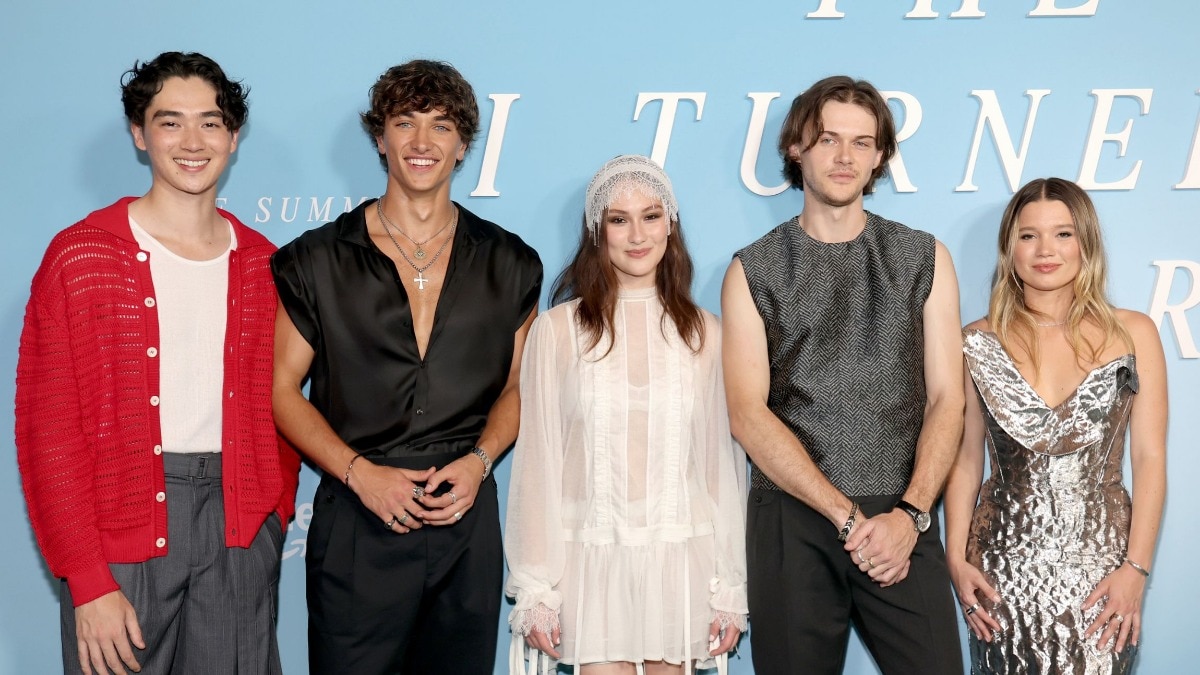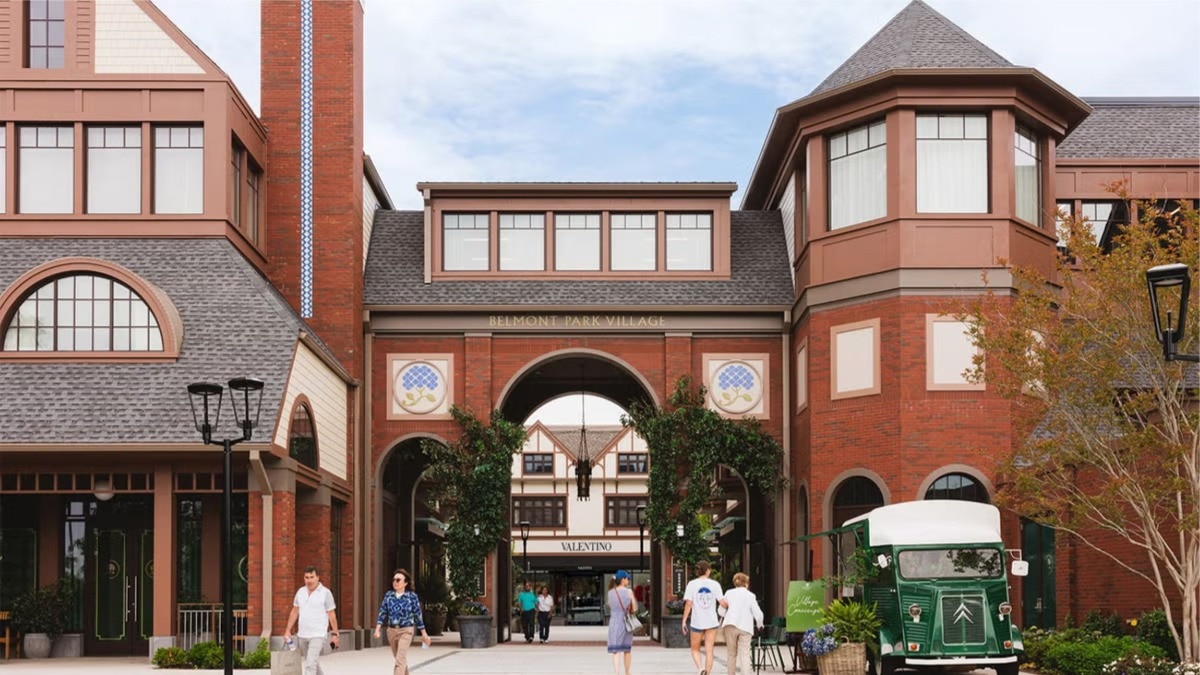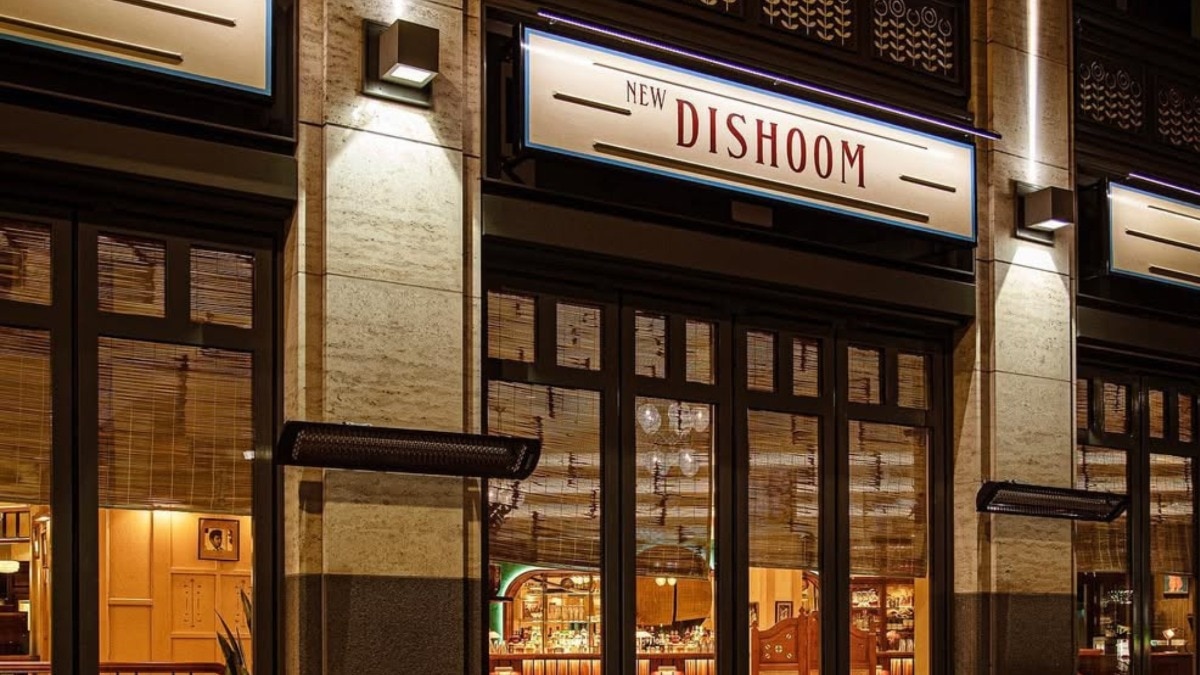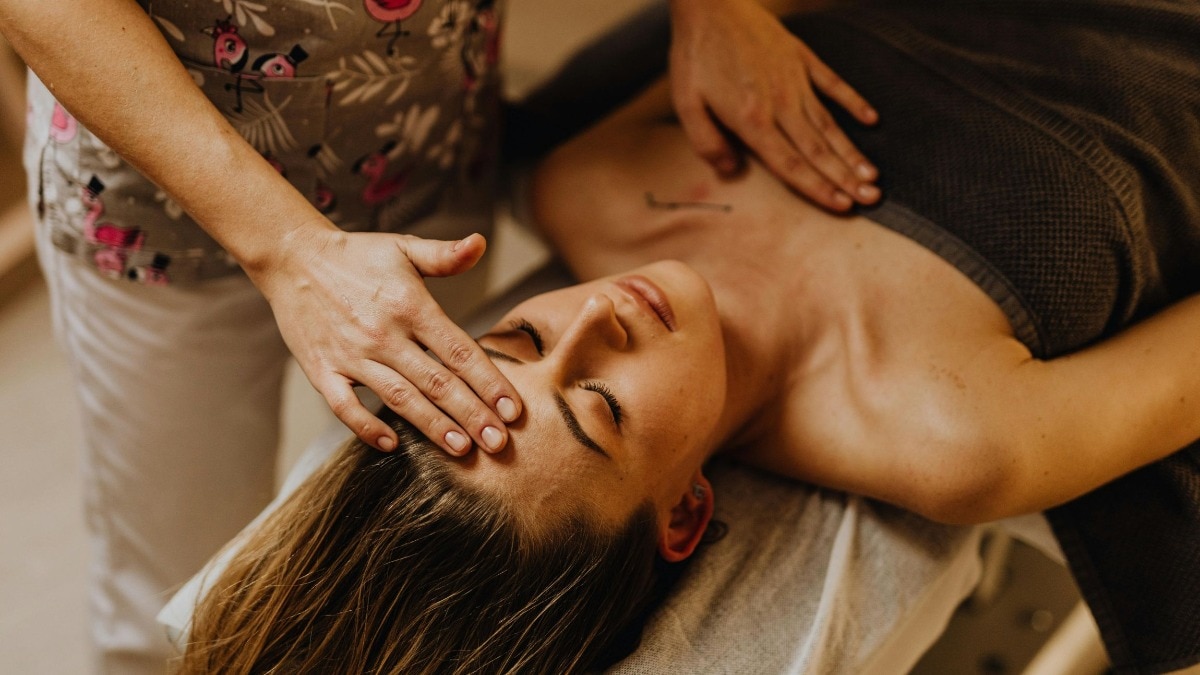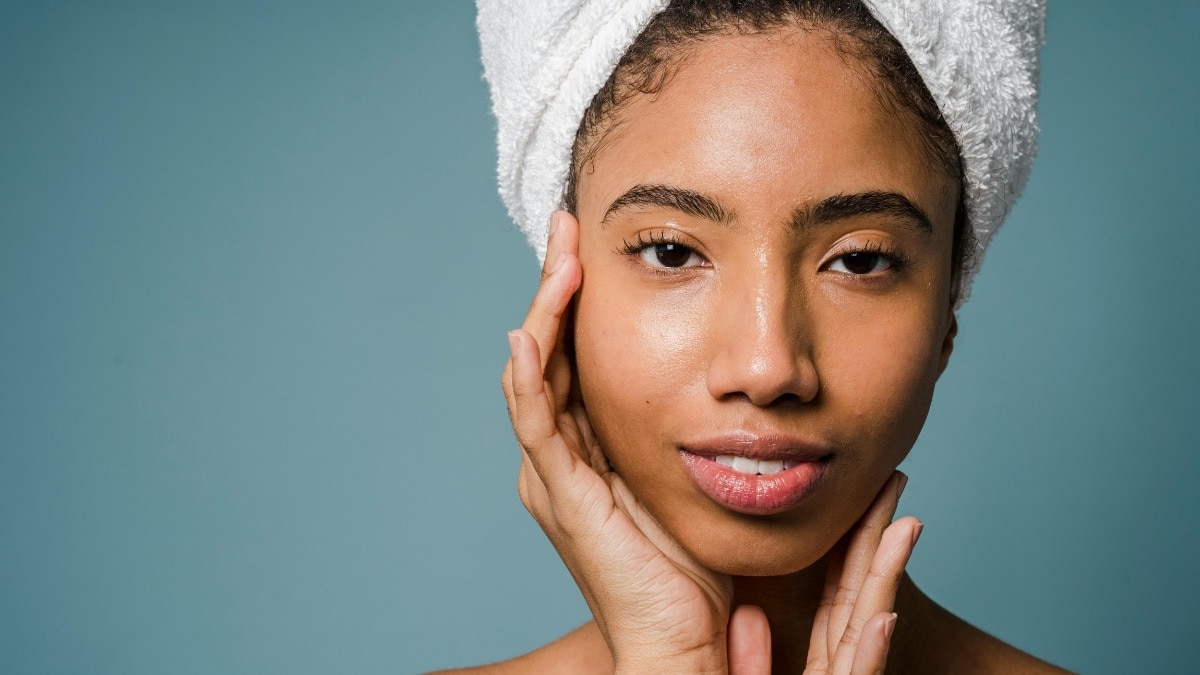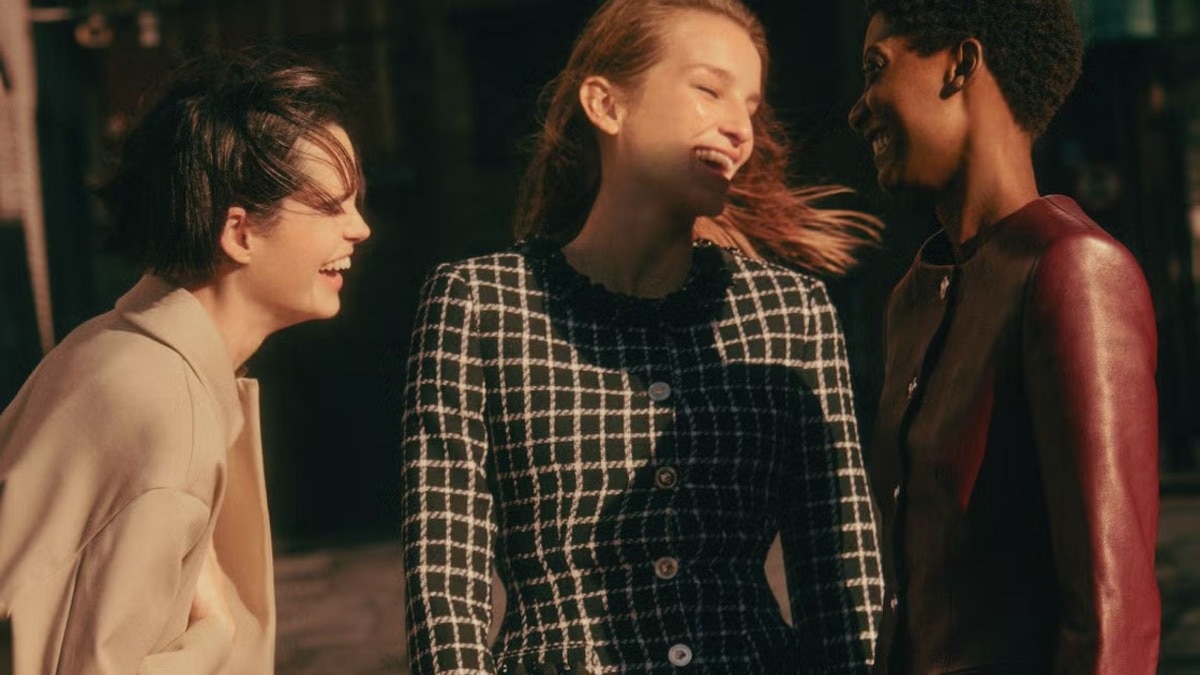
Filmmakers Zoya Akhtar and Reema Kagti spill the beans on 'The Archies', telling stories that matter, and other exciting projects
All while we eagerly wait from December 7.


Zoya Akhtar and Reema Kagti’s respective filmmaking journeys started long before they teamed up professionally. Right from their individual directorial debuts with Zoya’s Luck by Chance (2009) and Reema’s Honeymoon Travels Private Limited (2006) to co-directing genre-bending hits such as Zindagi Na Milegi Dobara (2011), Dil Dhadakne Do (2015), Gully Boy (2019), as well as the highly acclaimed digital series Made in Heaven (2019), the unstoppable duo has been an advocate of powerful storytelling in cinema.
Zoya and Reema’s brand of uncoventional yet realistic narratives—arguably ahead of its time in the early 2000s—has become far more palatable to mainstream Indian audiences thanks to their production company, Tiger Baby Films, which they co-founded in 2015. Setting the tone for experimental cinema, their films span across multiple genres to dismantle patriarchal mindsets but never in a way that feels didactic. Aiming to create a cinematic experience that is more than what meets the eye, this duo has, time and again, stripped away from the traditional filmmaking to bring forth stories that are vulnerable, poignant, and relatable at the same time.

Harper’s Bazaar: How did the idea of creating the Indian version of The Archies come to life?
Zoya Akhtar: I got approached by Netflix India and that’s how the film came to us. They had leased the IP and The Archies wanted their first feature made out of India. The owner of The Archies, John Goldwater, has a pretty special connection with India, and we were meant to produce it. We wondered how we could adapt it and still retain the original essence of the beloved comic, and what it meant to us growing up.
HB: Characters from The Archies are iconic and widely recognised, even in the Western film space. How have you brought about an Indian touch to it, and will it be any different from the adaptations we’ve seen before?
ZA: The adaptations that we’ve seen in India before were completely reimagined in the films both Reema and I have adored and grown up watching like Jo Jeeta Wohi Sikandar (1992), or Kuch Kuch Hota Hai (1998). So, this falls in the middle...it’s a period. It is (made) keeping the original characters and tone in mind while taking you to an imaginary place called Riverdale.
The film is set in 1964 in Riverdale, described on a railway sign as a ‘hill station', seen through the lens of the unique Anglo-Indian community through which we draw certain parallels like their love for music and food, in terms of parties or dating, the way they are dressed, etc. At the same time, we also plan to keep the fantasy of the comic book alive.
HB: You have been working together as collaborators for long. How do you manage to find a common vision to actually take an idea forward?
ZA: We met in our early 20s as assistant directors and have been working together for decades now. One has to be very lucky to have a creative collaboration that lasts. Honestly, it is more of a ‘trust’ thing, I wouldn’t go ahead with something if she (Reema) hasn’t signed off on it. And I think it’s vice-versa.

HB: How important is representation to you?
ZA: I don’t think we approach subjects as messages first. We are attracted to particular views and genres and that’s how stories are built, and through that, our worldview takes charge. Taking the example of Dahaad (2023), Reema and I both love the crime genre, and what she very intelligently did was take that message and mix it with social reality—she took a cat-and-mouse cop drama and came up with a way that says that the system is the killer. So, it starts off with a love of a particular kind of narrative we want to explore and then we go on to figure out the story of our film.
Reema Kagti: When you start writing a story, you never think, ‘Oh! Let me make a progressive film’. You are more concerned with your core idea and theme, and as you build it, a little bit of who you are comes out. Your value system will always reveal itself in your work.
HB: Is there a favourite movie you’ve worked on together that you are extremely proud of?
ZA: Dil Chahta Hai (2001) was very personal. I was the first lady, Reema was the second lady, and it was Excel Entertainment’s first film—the production house my brother, Farhan Akhtar co-owns with Ritesh Sidhwani. Many of our friends were working on it as well, and it was everyone’s first film...so it was very special to all of us.

HB: As female filmmakers, has it been hard to make your mark? Have you ever felt like you could have chosen an alternate career?
RK: Filmmaking is hard...it is a tough profession. However, speaking for both of us, the problem was not that we were women but only that we had a slightly more alternative bent of mind compared to what was the norm 20 years ago. Breaking that stereotype was the real challenge.
ZA: I’m sure sexism exists, and I am not going to pretend it doesn’t. But I haven’t really dealt with it. I wanted to make Luck by Chance (2009) and the struggle was about the kind of film I wanted to make, not the fact that I was female. We both have worked with big male stars who have never questioned our ability, and luckily, we haven’t had that experience.


